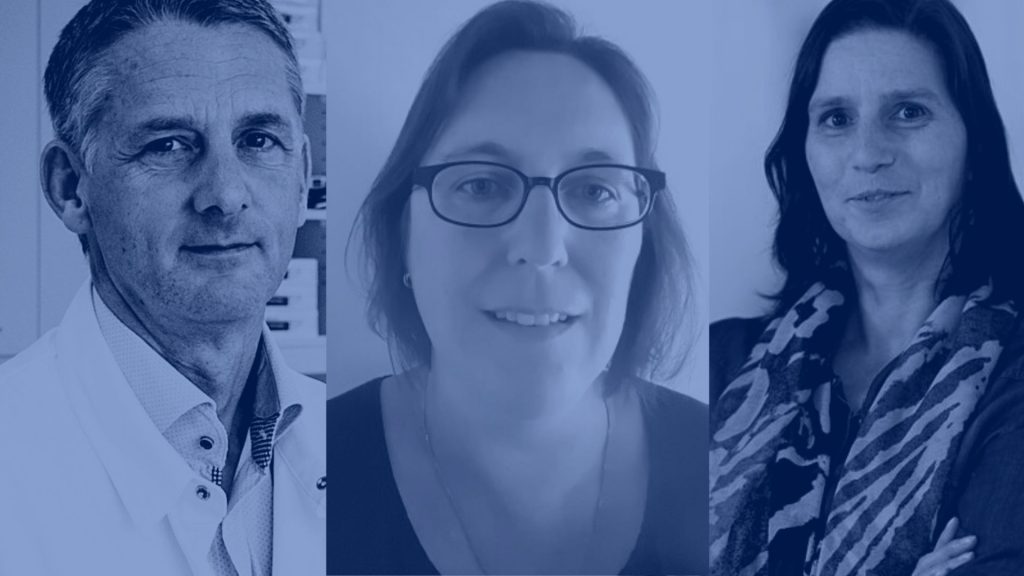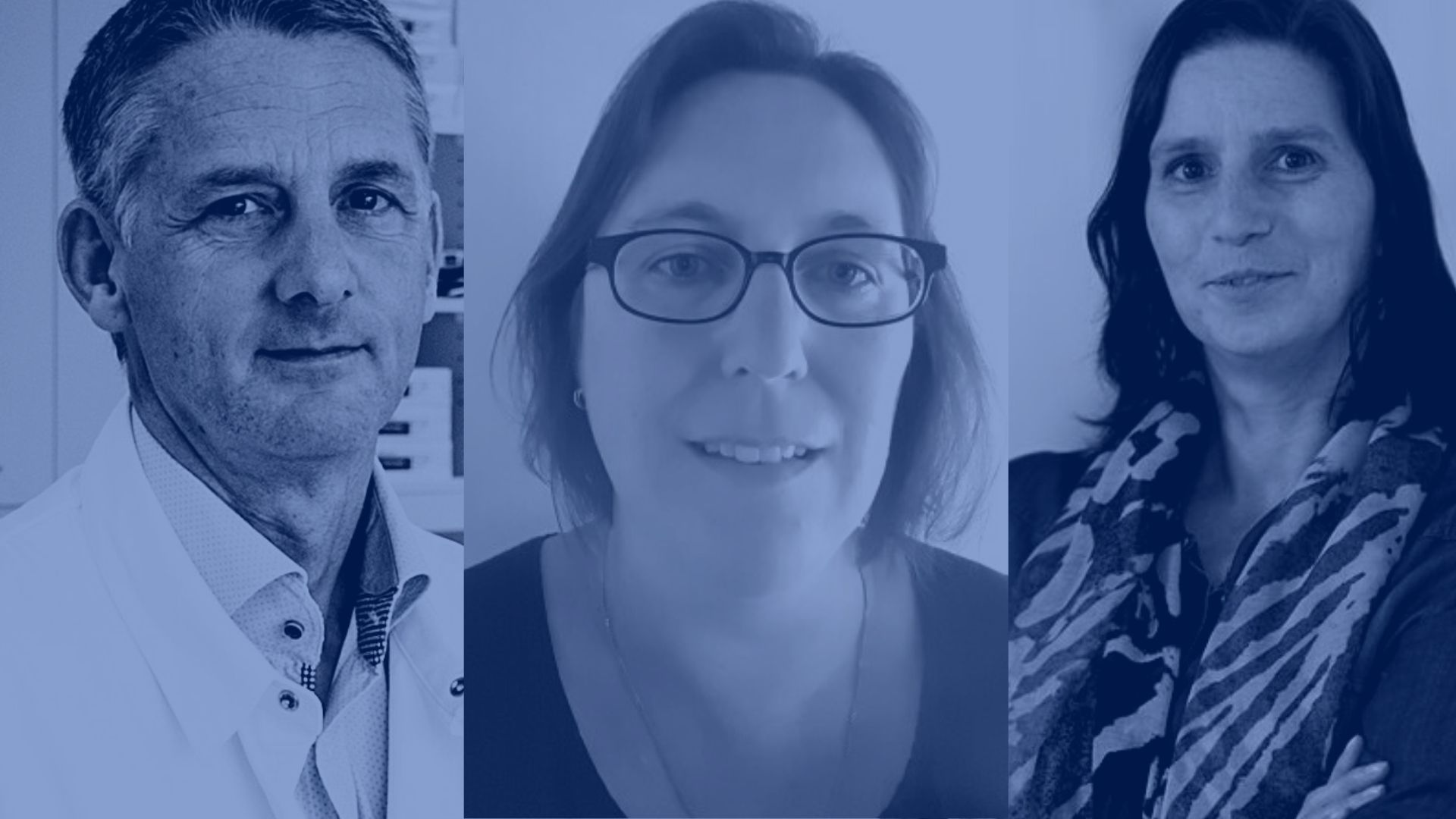The teams of VUB professors Bart Neyns, Sandra Tuyaerts and Karine Breckpot will join research groups from UCL, Bordet Institute and ULB in their search for factors that explain why current immunotherapies fail in all patients. The ultimate goal is to create a new immunotherapy. Bart Neyns is also Head of the Department of Medical oncology UZ Brussel.
Have you ever wondered why your immune system doesn’t just attack and eliminate cancer cells? Your immune system plays a crucial role in protecting your body against infectious diseases like Covid-19, but also against cancer. T cells, the cells of our immune system, can selectively attack and eliminate cancer cells. However, cancer cells can arm themselves against an attack by T cells and thus escape the immune system. This knowledge has resulted in the development of immunotherapies: therapies that activate T cells (cancer vaccination) and/or disarm cancer cells (immune checkpoint blocking), allowing T cells to continue their attack against cancer cells.

The teams of professors Neyns and Tuyaerts of the Laboratory of Medical and Molecular Oncology (LMMO) and Karine Breckpot of the Laboratory of Molecular and Cellular Therapy (LMCT) have pioneered this innovative work. Both research groups are part of VUB’s Oncology Research Center. Their work has already contributed to strong advances in hospital-based cancer vaccination and the use of immune checkpoint blocking in patients with advanced skin cancer (melanoma) and recurrent brain cancer (glioblastoma), with promising results.
Although immunotherapy restarts the immune system in some patients, there are still patients in whom these innovative therapies fail. That’s why LMMO and LMCT are again joining forces. Backed by funding from the Research Foundation – Flanders’ Excellence of Science (EOS) programme, they are partnering with the research groups of professors Pierre Coulie (UCL), Karen Willard-Gallo (Bordet Institute) and Ahmad Awada (ULB) in search of factors that explain why some patients respond and others do not. Cancer cells and T cells are dissected with high-tech and thorough analysis. The resulting knowledge will be used to create a new T cell immunotherapy. Funding from the Dutch Brain Tumor Foundation will in turn enable them, with Professor Jolanda de Vries (UMC Nijmegen), to research biomarkers for immunotherapy in brain tumours. Finally, cancer charity Kom op tegen Kanker is supporting a new clinical trial in patients with advanced skin cancer in which a cancer vaccine based on myeloid dendritic cells is combined with an immunological stimulus (adjuvant) and immune checkpoint blocking.
Today, there is strong evidence from hospitals that an immune protein expressed in cancer cells, B7 homolog 3 (B7-H3), is strongly present in cancer cells of patients who do not respond well to current immunotherapies. This immune protein suppresses T cells. Funding obtained through the Paul De Knop Fund has allowed young researchers Fien Meeus and Yannick De Vlaeminck to provide T cells with a chimeric antigen receptor in the laboratory. This laboratory-designed and created receptor stimulates T cell recognition of cancer cells that have B7-H3 on their surface and converts the negative signals from B7-H3 into a positive signal that allows T cells to attack and kill cancer cells in a targeted manner with renewed vigour.

